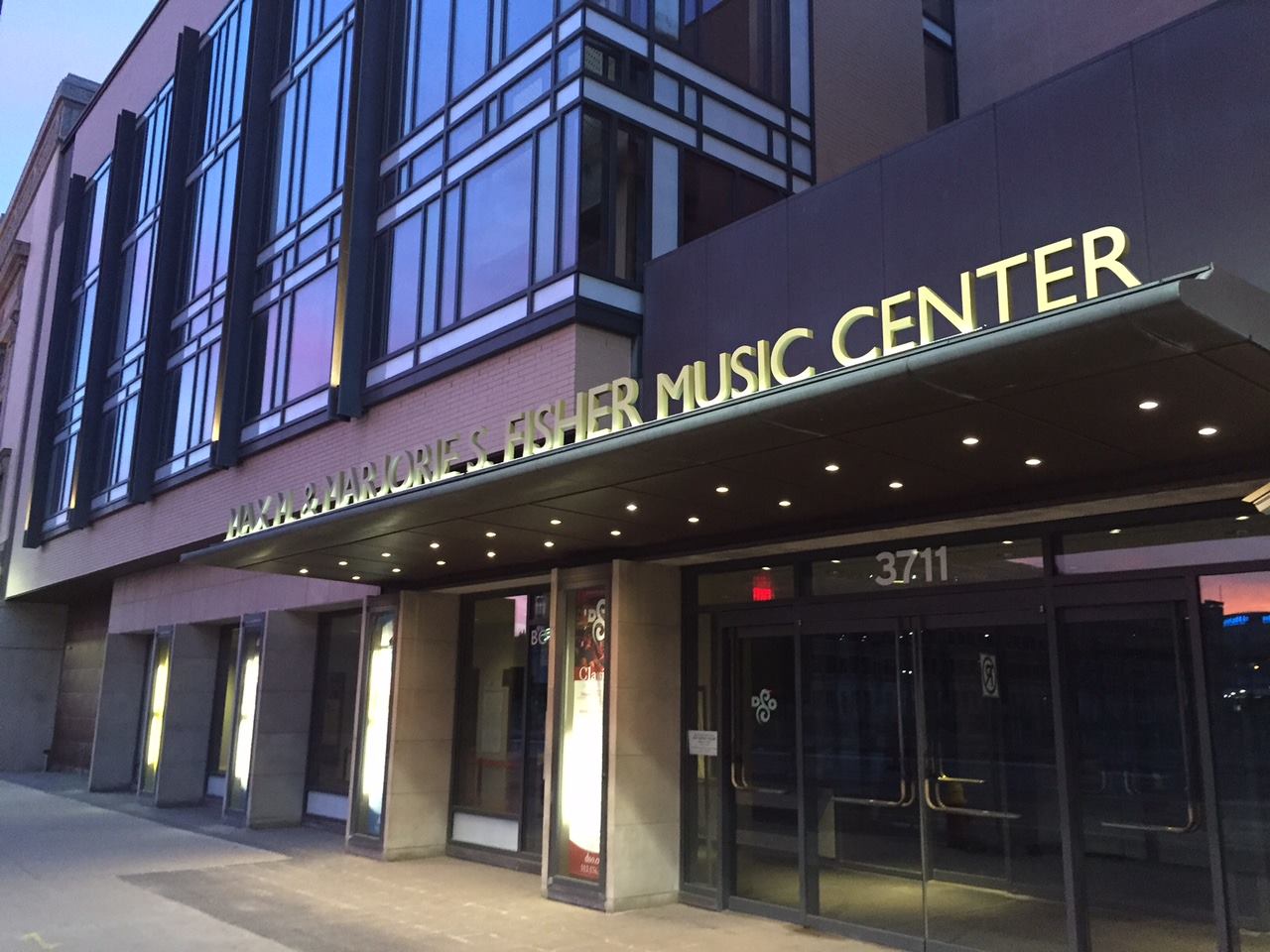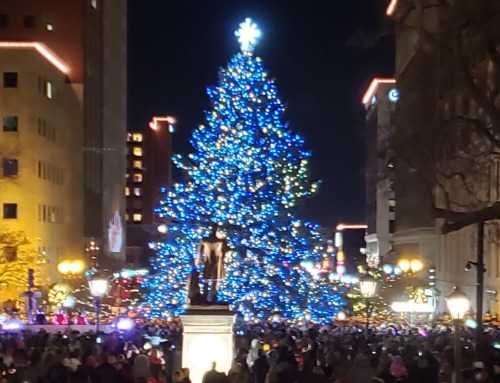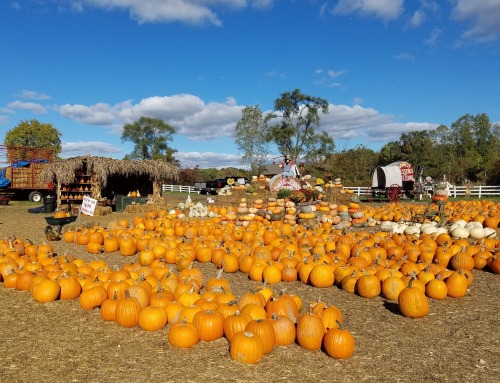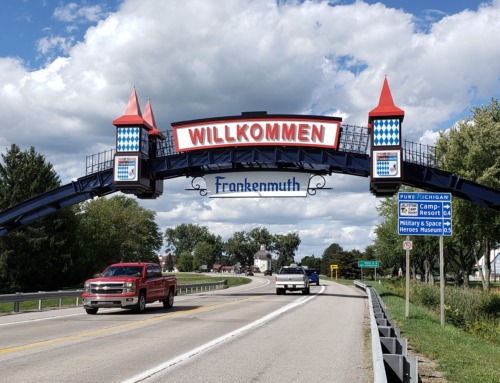It takes a symphony of extraordinary efforts to make a society sing. That’s why the Max M. and Marjorie S. Fisher Music Center seems like an ideal setting to for the latest class of exceptional people to be inducted into the Michigan Women’s Hall of Fame.
The hall was established almost forty years ago, in an effort to inspire future generations of female leaders. The initial group of inductees included such noteworthy subjects as Elizabeth Chandler, Martha Griffiths, Helen Milliken, Rosa Parks, Anna Howard Shaw, and Sojourner Truth. Each year since, a new group of women are nominated by an admiring public to be considered for induction, and over 300 have been honored. Those chosen for this year’s class are Debbie Dingell, Julia Donovan Darlow, Bridget Mary McCormack, Janice K. Means, Anne Parsons, Geneva Smitherman, and Elizabeth Whitney Williams.
Debbie Dingell
Representing Michigan’s 6th Congressional District in the U.S. House of Representatives, Debbie Dingell is an influential resource for the entire state. Congresswoman Dingell is a member of the Energy and Commerce Committee and the Natural Resources Committee. She is a leader on critical issues including affordable and accessible health care, clean energy and water, domestic manufacturing and supply chain resilience, and protecting our wildlife and natural resources. Dingell, who co-chairs the Great Lakes Task Force, has always been an advocate for the outdoors and commits her work in Congress to protecting the environment for generations.
Julia Donovan Darlow
While there are so many now, it wasn’t always easy to become a female lawyer, let alone rise to the top of the profession. Julia Donovan Darlow made it happen. Darlow joined the Detroit-based law firm of Dickinson Wright PLLC after graduating from law school and was made a partner just seven years later. While practicing law in the corporate setting, Darlow observed first-hand the sexual bias and prejudice that women lawyers face. She observed that women were promoted within law firms at a rate significantly slower than men, and were leaving law firms at a rate significantly faster. In an effort to help other women lawyers overcome these barriers, Darlow personally created a turnover plan to ensure that younger women in the firm would assume her corporate clients. In 1987, she became the first female president of the State Bar of Michigan in 1987. During her storied career, Darlow also served as Chairperson of the Michigan Supreme Court Task Force on Gender Issues in the Courts. She has used her success in the legal field to assist young women to pursue, and reach, their own career goals.
Hon. Bridget Mary McCormack
Bridget M. McCormack served as the Chief Justice of the Michigan Supreme Court from 2019 to 2022, after being an associate justice since 2013. Her leadership led to pioneering reforms in Michigan’s court system. Most notably McCormack spearheaded the launch of the state’s first online dispute resolution platform, and an eviction diversion program. Both tools were crucial during the COVID-19 pandemic. She also co-founded the Michigan Innocence Clinic, the first non-DNA innocence clinic in the country. It has led to the exoneration of 41 individuals as of April 2024. She currently serves as president and CEO of the American Arbitration Association-International Centre for Dispute Resolution (AAA-ICDR). This prestigious organization is the preeminent global provider of alternative dispute resolution services. McCormack has an extensive background in judicial service, court administration and scholarship, with an impressive track record of advocacy for innovation and technology in dispute resolution.
Janice K. Means
Janice K. Means is a professor emerita at Lawrence Technological University with a background in engineering and sustainability. Means has more than 40 years of experience as a registered engineer in areas such as HVAC, solar energy, and facility maintenance. She has also consulted on energy efficiency, solar energy design, and pipeline blasting effects. Means has held leadership positions at the local, regional, and international levels, including as the past Chair of the Engineering Society of Detroit’s (ESD) Affiliate Council. Means is an international speaker and advocate for historic buildings, climate change, energy standards, and encouraging women and minorities to pursue STEM/STEAM-related careers.
Anne Parsons
The setting for this year’s induction ceremony is particularly poignant for honoring Anne Parsons. She was president and chief executive of the Detroit Symphony Orchestra (DSO) from 2004-2021. Notably, she led the orchestra through a six-month strike that threatened its existence and strengthened it for future generations. To raise the DSO’s profile, Parsons recruited revered conductor, Leonard Slatkin, director of the National Symphony Orchestra. She implemented modern programming with special guests to expand the reach of the DSO. Her goal was to make the Detroit Symphony Orchestra the “most accessible orchestra on the planet.” In that effort, she implemented a streaming service of DSO concerts (one of the first orchestras to do so), planned DSO concerts throughout Metro Detroit, and oversaw a program to expand music education in the region by having orchestra players perform at public schools. During her tenure, the orchestra emerged from a financial deficit to a surplus.
Geneva Smitherman
Geneva Smitherman is a University Distinguished Professor Emerita of English and co-founder of the African American and African Studies doctoral program at Michigan State University. Smitherman co-founded the Malcolm X Academy within Detroit Public Schools. It is the first public African-centered elementary school in the country. The oldest of seven children, Smitherman started her education in a one-room schoolhouse. She graduated from Detroit’s Cass Technical High School and earned a B.A. and M.A. in English and Latin from Wayne State University. She went on to obtain a PhD in English, with a specialization in sociolinguistics and education, from the University of Michigan. Smitherman’s book, Talkin and Testifyin: The Language of Black America, published in 1977, contributed to shifting public and academic perspectives towards the value of African-American Vernacular English. This work has been widely referenced by teachers, legal scholars, sociologists, and policy analysts.
Elizabeth Whitney Williams
When we think about tough jobs of yesteryear, few top the lonely, critical, and often dangerous work of lighthouse keepers. In a male dominated field, Elizabeth Whitney Williams was one of the longest-serving lighthouse keepers in American history. Williams was born on Mackinac Island in 1844. Her first husband Clement Van Riper, whom she married in 1860, was appointed keeper of the Beaver Island Harbor Light in St. James. She assisted her husband in his duties winding the heavy clockwork mechanism and cleaning and polishing the lighthouse’s Fresnel lens. When her husband was lost at sea, she was given his position. Later, when she remarried, she transferred to keep at the Little Traverse Light near Harbor Springs. Over the years, Williams earned widespread acclaim and attention for her work as a keeper. By 1897, she was one of only four female keepers stationed at lighthouses in the Great Lakes region. In 1904, the Detroit Free Press captured the challenges and significance of Williams’ lifesaving role on behalf of maritime transportation. “For more than three decades she has been in charge of one of Uncle Sam’s lighthouses on the Great Lakes, doing daily and nightly work which only the hardiest of men have been accustomed to do.”
The 2024 induction ceremony takes place 6pm-8pm on Tuesday, Nov. 12, at the Max M. and Marjorie S. Fisher Music Center, 3711 Woodward Ave, Detroit, MI 48201. Tickets are available for purchase online.







Leave A Comment
You must be logged in to post a comment.